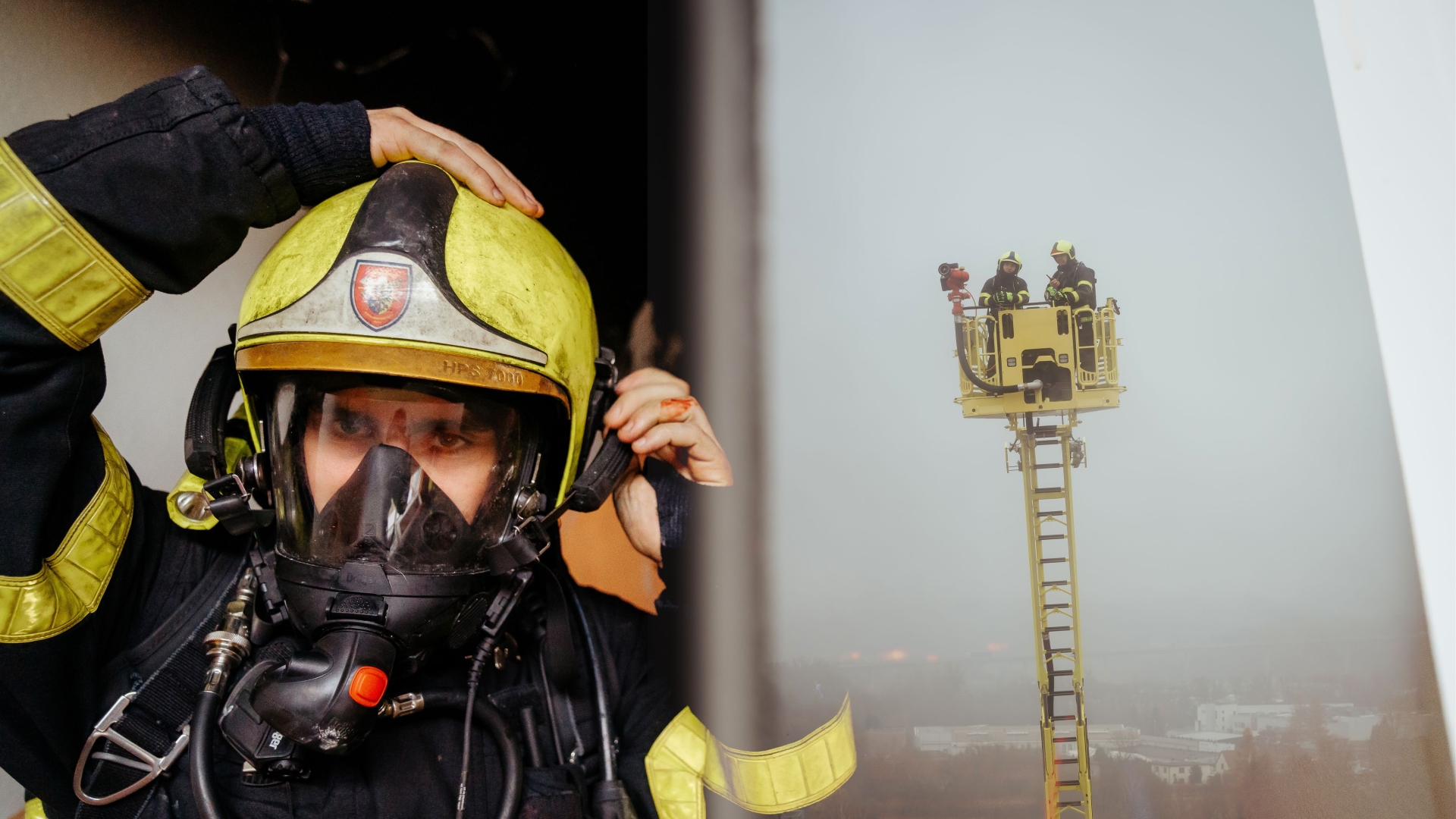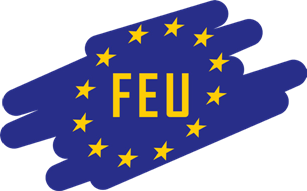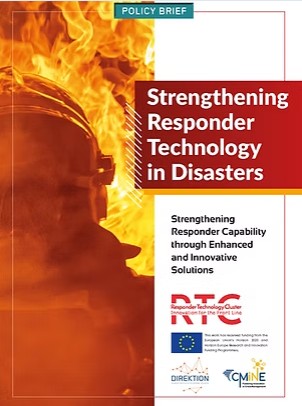Kdo jsme
 |
Česká asociace hasičských důstojníků, z.s., byla založena v roce 1996 jako občanské sdružení, za účelem vytvoření odborné platformy vedoucích představitelů tehdejších Hasičských sborů okresů a měst k prosazení vysoce odborného názoru na požární ochranu ve vztahu k orgánům státní správy i samosprávy, jakož i ve vztahu k Vládě ČR a Parlamentu ČR. V průběhu doby se činnost v České asociaci hasičských důstojníků, z.s., otevřela všem důstojníkům Hasičského záchranného sboru ČR. |
Aktuality
-
SEMINÁŘ FLASHOVER KONTEJNERY 2025
4.12.2025 -
20. a 21. ročník fotografické soutěže „Hasiči před i za objektivem“ zná vítěze
3.12.2025 -
Odborného semináře Moderní formy dokumentace prostoru mimořádných událostí se zúčastnilo 60 osob
23.10.2025 -
Odborný seminář Fotovoltaické (PV) systémy a bateriové uložiště pohledem požární prevence i represe
10.10.2025 -
DIREKTION WEBINAR: Emergency Response for Battery Fires
30.9.2025
Události
-
Odborný seminář Fotovoltaické (PV) systémy a bateriové uložiště pohledem požární prevence i represe
10.10.2025





